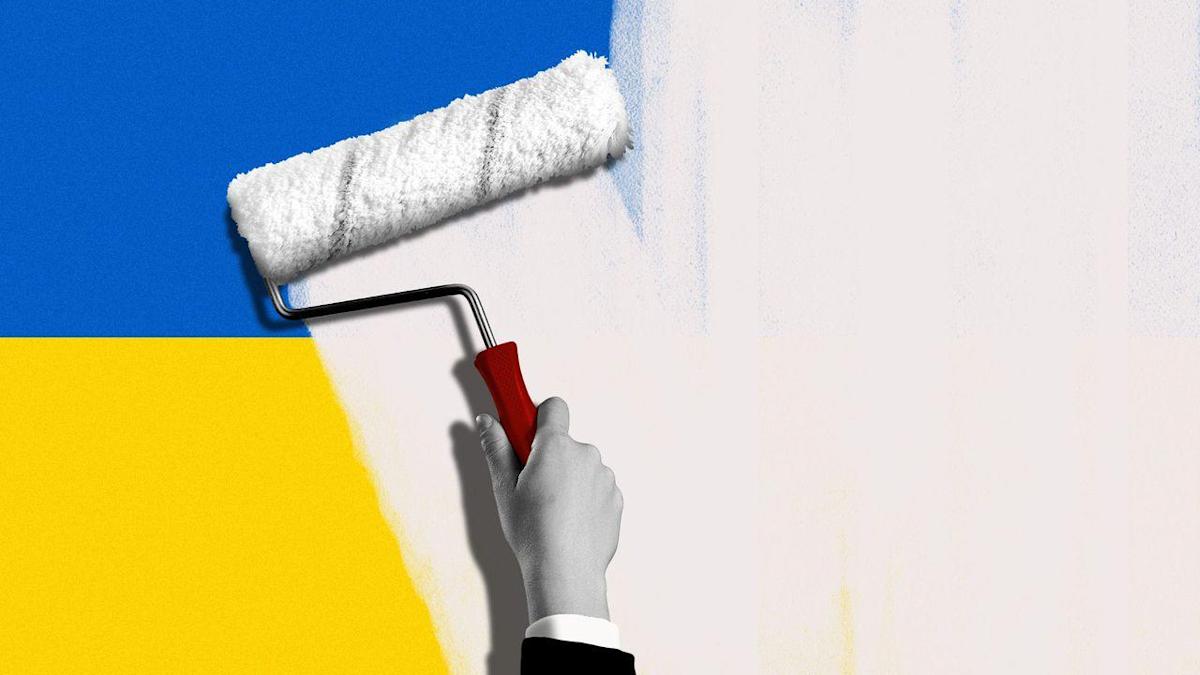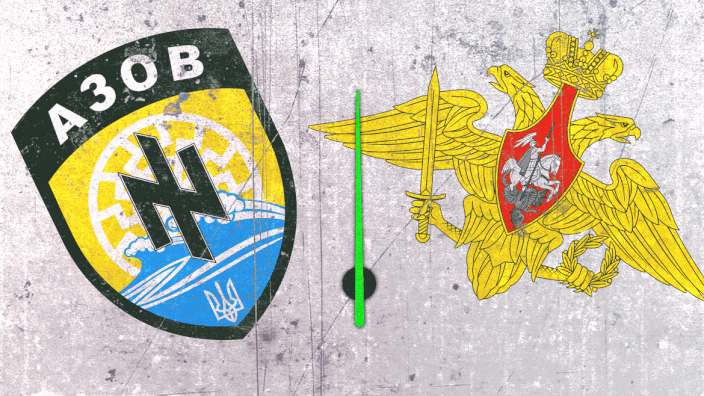
The Chinese government is scrubbing the country’s internet of sympathetic or accurate coverage of Russia’s invasion of Ukraine, and systematically amplifying pro-Putin talking points.
Why it matters: China’s wide use of its propaganda and censorship muscle helps insulate Beijing from a domestic backlash against its support for Putin— and leaves its citizens with an airbrushed, false version of events, similar to what’s seen in Putin’s state-controlled Russia.
Stay on top of the latest market trends and economic insights with Axios Markets. Subscribe for free
What’s happening: Chinese media outlets were told to avoid posting “anything unfavorable to Russia or pro-Western” on their social media accounts, and to only use hashtags started by Chinese state media outlets, according to a leaked censorship directive.
-
Online comments expressing sympathy for Ukraine have been deleted; even the anti-war speech given by the Paralympic Committee president during the Paralympics opening ceremonies was censored in Chinese television broadcasts.
-
Pro-Putin social media posts on Chinese social media were allowed to proliferate, as were posts blaming the U.S. and NATO for the conflict.
-
Chinese state media have widely aggregated content from Russian outlets including RT, a Russian state-controlled international broadcaster.
But the Chinese government made a miscalculation in the early days of Russia’s invasion, according to a new analysis published by Doublethink Lab, a Taiwan-based organization that researches online disinformation — suggesting that Beijing underestimated Europe’s resolve.
-
Initial state-backed narratives emphasized the unreliability of the west, with Chinese state media pushing the headline “Ukrainian president says the West has given up on Ukraine” and similar stories.
-
Other Beijing-linked posts extended this narrative to Taiwan, drawing on Ukraine’s plight to cast doubt on future U.S. support for Taiwan.
“They tried to depict the U.S., the West and NATO as not trustworthy, and people in Taiwan as delusional to think the U.S. will protect Taiwan at all,” Doublethink Lab CEO Min Hsuan Wu told Axios.
-
“But that faded away after the strong sanctions and united front from European countries and NATO allies,” said Wu, a reaction that cast the west as a reliable partner.
-
Chinese state media and related social media posts then turned to blaming the U.S. for the war, and to spreading Russian government talking points.
Yes, but: Censorship means that opposing viewpoints are muted, making it seem like anti-west, pro-Russia sentiment is more ubiquitous among Chinese people than may actually be the case.
Go deeper: Governments around the globe hold upper hand online
Like this article? Get more from Axios and subscribe to Axios Markets for free.




